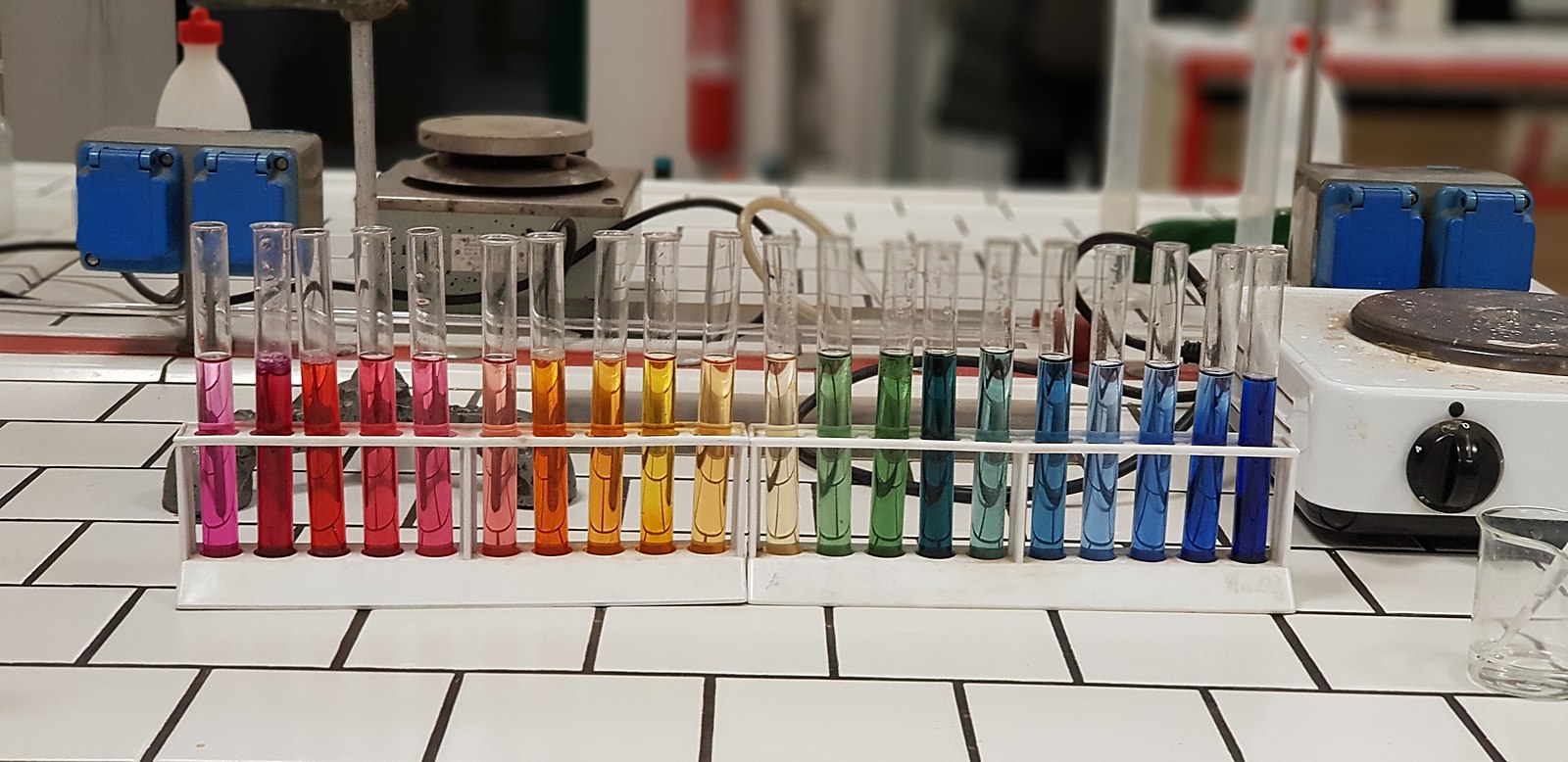The pH of Milli-Q water, a type of ultrapure water, is often misunderstood. Contrary to popular belief, Milli-Q water does not have a neutral pH of 7.0. In fact, fresh Milli-Q water can have a pH ranging anywhere from 5.0 to 8.0, and its pH can change over time as the water absorbs carbon dioxide from the air.
Understanding the pH of Milli-Q Water
Milli-Q water is a highly purified form of water that undergoes a multi-stage filtration process to remove impurities. This process results in water with an extremely low ionic strength and buffering capacity, which makes the pH of Milli-Q water unstable and difficult to measure accurately.
Factors Affecting the pH of Milli-Q Water
- Carbon Dioxide Absorption: As Milli-Q water is exposed to the atmosphere, it absorbs carbon dioxide, which forms carbonic acid and lowers the pH of the water over time.
- Contaminants and Chemicals: Any contaminants or chemicals present in Milli-Q water can affect its pH. Even small amounts of substances can alter the water’s pH.
- Volatility: Milli-Q water is highly volatile, meaning it can quickly pick up conductivity and other properties from the surrounding environment upon being dispensed.
Measuring the pH of Milli-Q Water
The ASTM Standard Specification for Reagent Water, D1193, does not list pH readings for Type I, II, or III water, indicating that pH is not considered a reliable measurement of ultrapure water quality. This is because the low ionic strength and buffering capacity of Milli-Q water can lead to unstable and inaccurate pH readings.
Balancing the pH of Milli-Q Water
If it is necessary to adjust the pH of Milli-Q water, it is recommended to add a small amount of a strong base, such as sodium hydroxide (NaOH), to raise the pH, or a strong acid, such as hydrochloric acid (HCl), to lower the pH. However, it is important to note that pH adjustment should only be done when necessary and with caution, as it can introduce contaminants into the water.
Improving pH Measurement Accuracy
To improve the accuracy of pH measurements in Milli-Q water, it is recommended to add a neutral salt, such as potassium chloride (KCl), to increase the ionic strength of the water. This can help minimize drift and bias in the pH measurement.
Conclusion
In conclusion, the pH of Milli-Q water is not a simple matter of a neutral 7.0. The pH of Milli-Q water can range from 5.0 to 8.0, and it can be affected by various factors, including carbon dioxide absorption, contaminants, and chemicals. When necessary, the pH of Milli-Q water can be adjusted, but caution should be exercised to avoid introducing contaminants. Understanding the complexities of Milli-Q water’s pH is essential for researchers and scientists who rely on this type of ultrapure water for their work.
References:
- Water for pH Measurement – Impact of Water | Application – EMD Millipore
- Should the pH level of dispensed ultrapure water be a neutral 7.0?
- Water for pH Measurement and Buffer Preparation – Sigma-Aldrich

